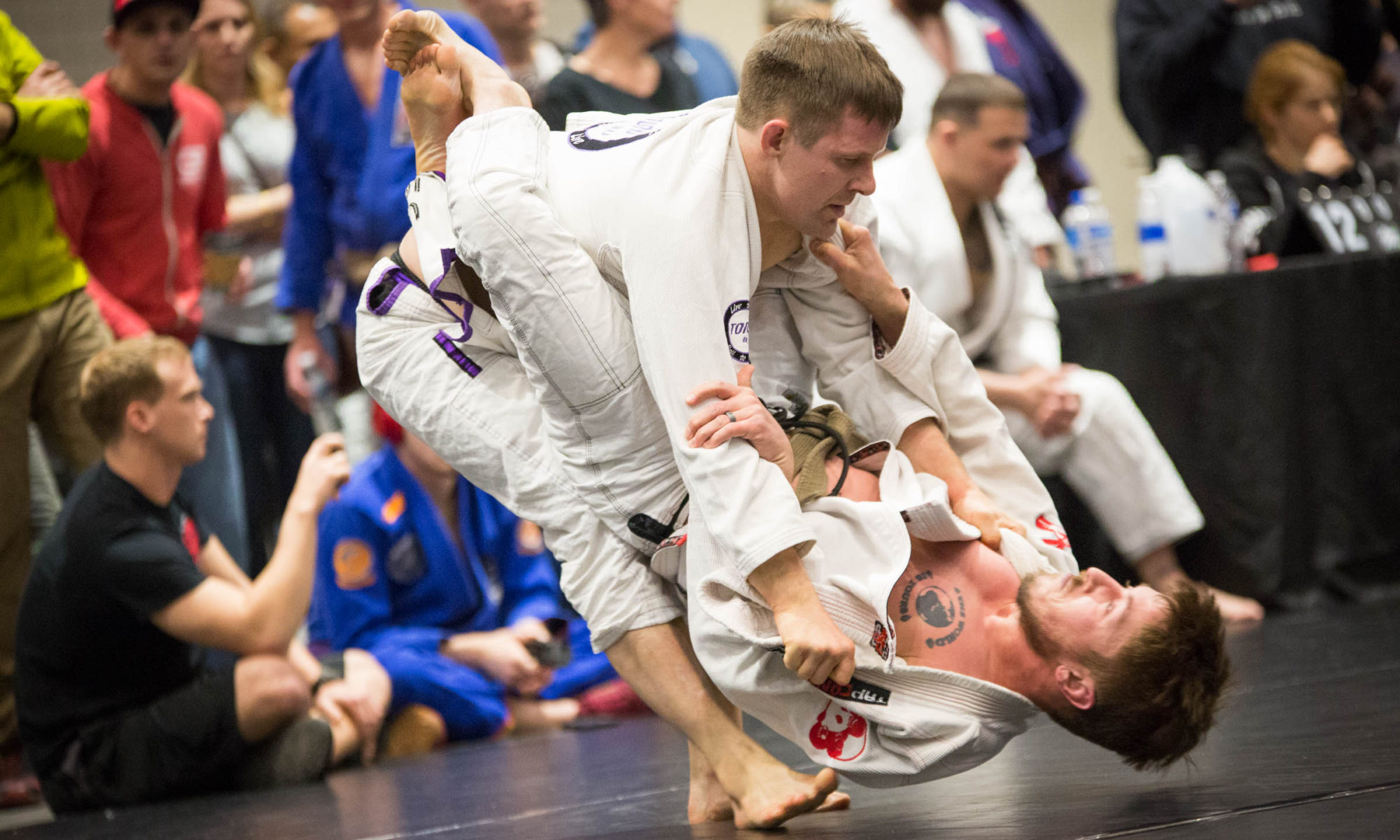Once, in 1997, I was in a bar with my drunk friend. Even while sober, my friend was kind of a holier-than-thou hater. After the whiskey started to flow, well, you can guess.
“Tubthumping” came on. You remember: “I get knocked down / and I get up again.” I still have a good deal of fondness for this song, and for Chumbawumba generally, so it was clear I was enjoying myself. True to hater form, my friend couldn’t have that. So during the breakdown, where they quote lyrics from the old Irish traditional “Oh, Danny Boy,” my friend started to rant.
“They’re ripping off Irish music!” his spittle-flecked hipster screed began. I rolled my eyes and ordered another beer.
It was, of course, a meritless criticism. This was a remix of a classic in the public domain, a reinvention of the familiar into something new and different. Even if it was a pure “quote,” jazz musicians have been inserting bits of classic compositions during performances forever. (Besides, as I should have pointed out: Johnny Cash also covered “Oh, Danny Boy.” Hipsters love Johnny Cash almost as much as they hate being called hipsters).
Which brings me to the real topic of the day: creative work in general lends itself well to what might be called remixing. Collage artwork draws on existing visual work. Mash-ups pull audio into new combinations. Andy Warhol certainly didn’t create the Campbell’s Soup logo when he drew on the can for pop art. Even parody of pop culture phenomena might be considered a remix of a sort.
It’s parody of pop culture that I want to talk about today, and creative work.
There is nothing new under the sun. That dope idea I had last week? Some ancient Greek already did it better. That genius concept I based an entire freelance project on? Some dude in Cleveland or Chicago or Constantinople might already be working on it.
This is especially true when you’re talking about making pop culture references. You’re not the only person who has seen Deadwood, or Doctor Who, or Daredevil. It’s a big world out there, and there are more clever people doing creative work faster than ever before.
Sometimes I see people angry when they see a meme that’s a lot like the meme they made. Worse, I see fans of brands — or brand owners, or brand staff — leap to the conclusion that a similar design done elsewhere is a result of someone directly copying them.
Rip-offs absolutely happen, of course. I’ve had my designs taken by random people on Teespring and sites like that. If you look, you’ll see the repeat offenders are out there. That’s sad and gross, but those people will make themselves known soon enough.
Generally speaking, though, I think it’s more productive to make generous assumptions about people, particularly creative types. Remixes happen when we are more free with access to ideas, and remixes and collaborations can be mindblowingly cool. I hate to see potentially productive creative relationships poisoned by hasty assumptions.
Simply put, if you think your style got bitten, it’s the best practice to just assume you drank from the same well as the other guy — and hope that it wasn’t the well my hater hipster friend drank from in 1997.
